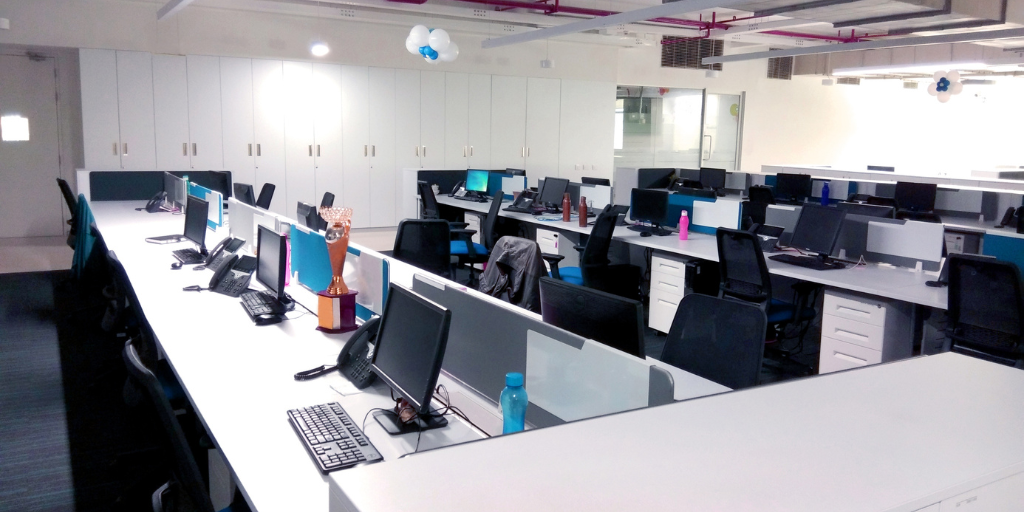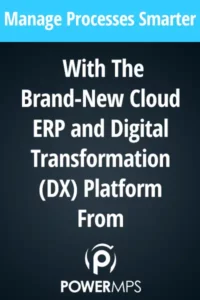As the gig economy burgeons, it profoundly remodels the landscape of labor, notably within IT departments. A sweeping 36% of U.S. workers now contribute to this burgeoning section of the job market. This changing workforce has granted IT departments a dual-edged sword—unprecedented opportunities intertwined with formidable challenges. Departments must adeptly balance the scales, harnessing the benefits of a flexible workforce while navigating the complexities that accompany such significant structural changes to traditional work paradigms.
This influx of gig workers confers upon executives the power to enlist specialized expertise precisely when it’s needed. They now have the ability to dynamically scale their operations for projects that require particular, sometimes highly specialized, skill sets. There’s no longer a need to bear the enduring costs associated with full-time positions, especially when the need for certain skills is transitory. Such strategic shifts in hiring practices are redefining how IT departments address their staffing requirements, promising them increased dynamism and resilience.
Integrating Flexibility: The Gig Economy’s Impact on IT
 The gig economy has ushered in an unparalleled level of agility within IT departments. With a prevailing 36% of U.S. workers taking part in gig-related endeavors, either as their primary or secondary form of employment, IT departments are presented with a unique set of opportunities and challenges. This environment allows these departments to respond enthusiastically to shifting project demands and technological advancements, adapting their workforce composition as needed without the constraints of traditional employment models.
The gig economy has ushered in an unparalleled level of agility within IT departments. With a prevailing 36% of U.S. workers taking part in gig-related endeavors, either as their primary or secondary form of employment, IT departments are presented with a unique set of opportunities and challenges. This environment allows these departments to respond enthusiastically to shifting project demands and technological advancements, adapting their workforce composition as needed without the constraints of traditional employment models.
This new paradigm empowers executives to hire specialist expertise for short-term projects, without incurring the ongoing costs associated with full-time hires. This can be particularly advantageous in executing high-skill, niche projects that require sophisticated expertise for a definitive period. For instance, bringing on a cybersecurity expert to spearhead a critical system overhaul can be done swiftly and without the long-term expense or commitment that a full-time position entails.
The shift toward a gig-centric workforce is not just a reaction to the economic landscape; it is an innovative strategy that enables IT departments to become more dynamic and resilient. The capacity to rapidly engage and disengage resources means that IT departments can remain nimble, testing new technologies and undertaking a diverse array of projects that push the envelope of current capabilities without the traditional risks of workforce expansion.
Streamlining Costs, Maximizing Resources
Cost efficiency stands out as one of the gig economy’s chief advantages for IT departments. Avoiding perennial employment contracts affords businesses the agility to optimize their fiscal landscape, focusing their resource allocation on pivotal, project-specific ventures and groundbreaking innovation with greater flexibility. According to findings by Statista, nearly half of the businesses surveyed turn to freelancers to curtail expenses and scale down operational costs. This approach supports IT departments in crafting a strategy that aligns financial investment directly with project outcomes and technological evolution.
With this newfound flexibility, IT departments are discovering the means to embark on varied projects with cost structures that adapt to their immediate needs in real time. The strategic use of freelancers allows departments to allocate funds where they’re most needed—whether that’s in researching new technologies, pursuing ambitious development projects, or acquiring specialized talent for a complex system integration. By leveraging the gig economy, IT executives no longer face the daunting prospect of securing considerable investment for long-term staff before validating the success and viability of innovative tech projects.
Tapping into a Global Talent Pool
The gig economy eradicates geographical barriers that once limited the hiring reach of IT departments, providing access to a vast global marketplace of skilled professionals. This expansive network enables department heads to engage with experts in specific technologies or methodologies that might be scarce or unavailable in their immediate locale. With freelancers, specialty skills are brought in from various corners of the world, each bringing unique perspectives that can often lead to innovative solutions and enhanced creativity in problem-solving.
Enhanced diversity is a natural outcome of this broadened recruitment horizon. IT projects stand to benefit immensely from the myriad cultural perspectives and varied professional experiences that a global workforce contributes. Beyond the infusion of diverse thinking, this also sets a fertile ground for cross-pollination of ideas, where different approaches are considered, and the best practices from around the world can be integrated into the workflow.
The shift to a globally distributed team demands a mastery of robust, practical communication tools and workflows. IT departments, therefore, evolve to adopt more agile practices, enhancing their resilience and preparedness for a future that is increasingly digital and interconnected. Such adaptability is a crucial aspect of staying competitive in the tech industry, where the fast-paced nature of change is the only constant.
Bridging Skill Gaps with Precise Expertise
The prevalence of skill gaps presents an acute challenge for IT departments globally. Reports from McKinsey & Company highlight that a staggering 87% of organizations are either currently grappling with these gaps or anticipate them shortly. The gig economy offers a tactical approach to this issue, equipping IT departments with the ability to swiftly engage with professionals who possess the exact skill sets required for specific projects. This flexible staffing model negates the need for extensive training of permanent staff, immediately filling the void with ready-to-deploy expertise.
The entry of gig workers into project rosters is less about stopgap measures and more about strategic talent management. By sourcing talent on an as-needed basis, IT departments can maintain a lean team composition while ensuring that individuals with the ideal qualifications and experience manage each project. This approach not only hastens project timelines but also enhances the quality of the output, as each task is handled by a specialist attuned to the nuances of that particular domain.
Managing the Gig Economy Transformation
Navigating the gig economy’s influence on IT departments necessitates a robust infrastructure for onboarding and integrating freelance talent. This effort extends beyond simple orientation; it’s about developing processes that quickly assimilate gig workers into the company’s culture, ensuring they align with ongoing projects’ core values and immediate objectives. A meticulous approach to this ensures that all team members, whether temporary or permanent, work cohesively towards common goals.
Challenges, such as logistical and legal complexities, are part and parcel of employing a gig-based workforce. This is especially true for IT departments that must uphold stringent data security standards and intellectual property rights. IT executives, therefore, are tasked with creating clear, concise freelance agreements and building an infrastructure that supports secure, remote collaboration. Establishing these frameworks is vital to harnessing gig workers’ full potential while maintaining the integrity of IT operations.
Securing Gig-Based IT Operations: A Balancing Act
Cultivating a secure IT ecosystem remains imperative in a gig economy structure. IT departments must enforce rigorous standards to ensure data – the lifeblood of any modern enterprise – is uncompromised. Meticulous attention is required to teach freelancers with a firm understanding of security policies, ensuring their compliance is as stringent as that expected from full-time staff. This is a delicate endeavor, as it involves imparting comprehensive training while managing the transient nature of gig workers.
Notwithstanding the flexibility that gig workers bring to the table, securing operations demands an increase in vigilant cybersecurity measures. IT departments must craft definitive processes that address secure remote access, precise data handling, and streamlined project management. The successful integration of gig workers hinges on their seamless adherence to such protocols, guaranteeing that even with a rotating roster, the organization’s digital security posture is never compromised.
Navigating Potential Setbacks in the Gig Economy
Incorporating gig workers into IT frameworks isn’t without its drawbacks. The transient nature of such employment can lead to a lack of long-term commitment, potentially affecting the consistency and continuity of projects. Project knowledge and operational intricacies may be lost with the departure of short-term workers, posing a risk to ongoing maintenance and scaling efforts.
Additionally, while gig workers can bring specialized skills to a team, they may not always be in sync with the established company culture or processes. This misalignment can result in friction among team members and disruption to the workflow, requiring careful management and integration strategies from department leads.
The Gig-Powered IT Revolution
The gig economy has proven itself to be a formidable force within the IT sector, offering a blend of versatility and innovative problem-solving. As businesses continue to harness the gig model’s strengths, they are discovering not only cost savings but also progressive ways to execute their strategies. IT departments are adopting a harmonious blend of permanency and fluidity in their staffing, taking firm strides into a future where agility is paramount.
Clearly, the gig economy does not merely challenge traditional norms, but rather, augments the capabilities of IT departments. This harmonization of flexibility and security is what will propel IT departments forward, allowing them to tackle future technological challenges with confidence and exceptional expertise. The gig economy isn’t just shaping the present; it’s paving the way for a resilient and dynamic future in IT.







